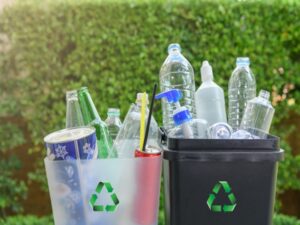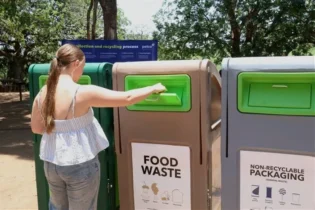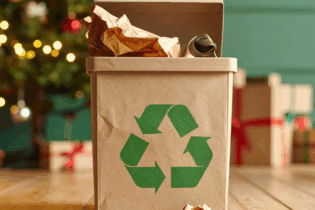The SA Plastics Industry has signed an international legally binding agreement to end plastic pollution by 2024.
This took place at the fifth session of the United Nations Environment Assembly (UNEA-5.2) alongside Heads of State, Ministers of environment and other representatives from 175 nations met in Kenya, Nairobi from 28 February to 2 March 2022. The resolution titled End Plastic Pollution: Towards an internationally legally binding instrument is described by Inger Andersen, Executive Director of the UN Environment Programme (UNEP) as “a landmark agreement that is the most important international multilateral environmental deal since the Paris climate accord”. Its purpose is to drastically reduce the impact of plastic pollution on the marine environment by exploring the full lifecycle of plastic from source to sea which includes methods of plastic production, recycling, processing, use, and collection. Plastics SA Executive Director Anton Hanekom says “Governments are interested in learning about what business is doing to end plastic waste. The resolution appeals to the business community to develop new commitments that will increase the ambition of the global agreement. It also highlights the need for enhanced international collaboration to facilitate access to technology, capacity building, and scientific and technical cooperation in order to improve the collection and recycling of plastic waste.” The meeting came to a conclusion of 14 resolutions, with the goal of strengthening collective actions for nature in order to achieve the UN’s Sustainable Development Goals (SDGs).Plastics SA pointed out the significance of identifying Africa’s unique needs and circumstances and the respective analysis of the capabilities of each country in light of national circumstances.
“You cannot blindly enforce a First World solution on Third World problems. Each country’s local and regional context is different, as is the availability of resources to develop and implement effective waste management solutions,” Hanekom stated. He further said, “It is important to recognise that nations have unique and different socio-political climates that need to be taken into consideration. Plastics continue to be the cheapest, most practical, and fit-for-purpose solution for many applications and uses in our country and on our continent. Whether used to save lives in hospitals, incorporated into technology and cars, or extending the shelf life of food by preventing breakage and spoilage, it is almost impossible to imagine any area of our lives that is not enhanced by plastics.” “When used and disposed of responsibly, plastics even play a major role in ensuring a more sustainable world. We, therefore, welcome the draft resolution which encourages the public and private sectors to manage a just transition towards a circular economy,” he added. SA Plastics Industry is set to proceed with collaborations with local Government, industry, civil society, academia and other interested parties to develop creative, but workable solutions to our nation’s waste crisis. “Over the past few decades, we have been pro-active in our efforts to prevent plastic from ending in the environment. We have also been addressing the issues of plastics leakage, overpackaging and developing an effective mechanism for the recovery and recycling of plastics. All of these topics will continue to top our agenda in the years to come. However, the signing of the treaty now potentially grants us access to some of the best minds in the world, greater resources and collective, global action,” Hanekom concluded.





